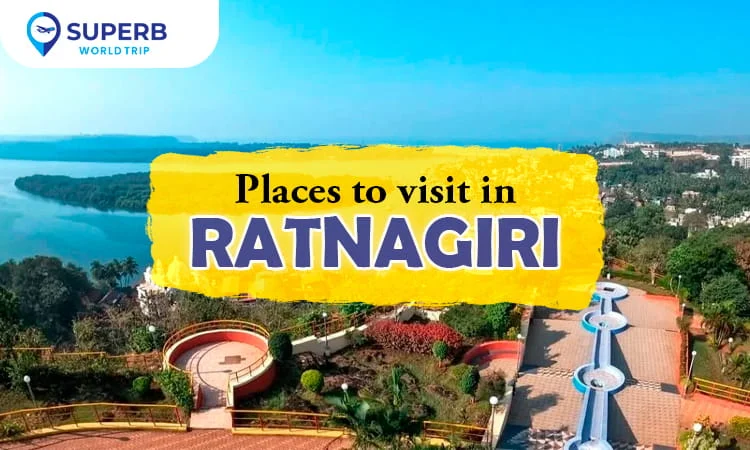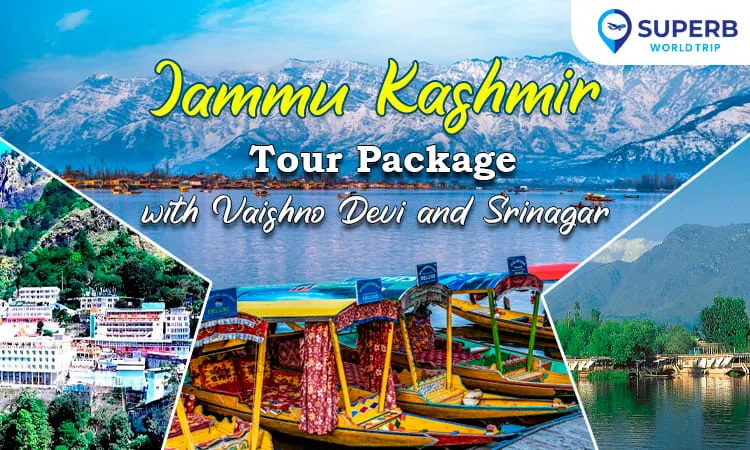Discover Ziro Valley: Arunachal Pradesh’s Hidden Paradise

Nestled in the picturesque state of Arunachal Pradesh, Ziro Valley is a destination that seems almost untouched by time.
Known for its lush greenery, sprawling rice fields, and vibrant tribal culture, Ziro Valley offers travelers a serene escape from the chaos of city life.
The valley is home to the Apatani tribe, whose unique traditions and sustainable farming practices have fascinated visitors for decades.
If you are looking for a place that combines natural beauty, cultural richness, and a sense of tranquility, Ziro Valley is the perfect choice.
How to Reach Ziro Valley
Reaching Ziro Valley is an adventure in itself. The nearest airport is Lilabari Airport in Assam, about 115 kilometers away, and it connects well with major cities like Guwahati.
From there, travelers can hire taxis or take buses to reach the valley. The nearest railway station is North Lakhimpur, approximately 125 kilometers from Ziro. While the journey involves winding roads through lush hills, the scenic views make every mile worthwhile.
For those who love road trips, a self-drive journey from Guwahati to Ziro is a memorable experience. The drive takes around 12 hours, but you get to witness the changing landscapes—from plains to hills, tea gardens, rivers, and forests. It’s an ideal route for photography enthusiasts who want to capture the raw beauty of Northeast India.
Best Time to Visit Ziro Valley
The climate in Ziro Valley is moderate, but the best time to visit is between September and May. During these months, the weather is pleasant, with clear skies and cool breezes, making it perfect for sightseeing and outdoor activities.
The monsoon season, from June to August, brings heavy rainfall, which transforms the valley into a green paradise but can make travel difficult due to slippery roads.
Visitors during autumn and spring can enjoy the lush rice terraces and blooming flora, while winter offers a peaceful retreat with misty mornings and crisp air.
The summer months are ideal for trekking and exploring the nearby hills without the worry of heavy rains.
Things to Do in Ziro Valley
Ziro Valley is more than just a scenic destination; it is an experience that immerses you in nature and culture. Here are some activities that make a visit to Ziro Valley unforgettable:
1. Explore the Apatani Villages
The Apatani tribe is known for its unique customs and traditional way of life. Visiting Apatani villages like Hapoli, Hong, and Hari gives you a glimpse into their daily lives, agriculture, and handicrafts.
The Apatani women are easily recognizable by their distinctive nose plugs and earrings, a tradition that has been preserved for generations.
Locals are friendly and often happy to share stories about their heritage with curious visitors.
2. Attend the Ziro Music Festival
Ziro Valley has gained fame for the Ziro Music Festival, a three-day event that attracts musicians and travelers from across India and beyond.
Held in September, this festival blends music, culture, and nature. The open-air venue amidst pine forests creates a magical atmosphere, making it a must-visit for music lovers and adventure seekers alike.
3. Trekking and Nature Walks
For adventure enthusiasts, Ziro Valley offers trekking routes that are both scenic and serene. Short treks lead you through rice fields, pine forests, and rolling hills, providing breathtaking views at every turn. The Tarin Fish Farm trek and Dolo Mando trek are popular options for first-time visitors. Walking through the trails at sunrise or sunset is a soul-refreshing experience.
4. Visit the Local Markets
Ziro’s local markets are vibrant and colorful, filled with traditional handicrafts, bamboo products, and handwoven textiles.
The Hapoli Market is the largest in the valley and is an excellent place to pick souvenirs. You can also taste local delicacies made from fresh produce grown in the valley, such as sticky rice, bamboo shoots, and smoked meat.
5. Bird Watching
Ziro Valley is a paradise for bird watchers. With its rich forests and terraced fields, the valley is home to numerous bird species like the hornbill, white-bellied sea eagle, and golden oriole. Early mornings are the best time to spot these colorful creatures while listening to the soothing sounds of nature.
Where to Stay in Ziro Valley
Accommodations in Ziro Valley range from eco-friendly guesthouses to comfortable hotels and homestays. For a more authentic experience, staying in a local Apatani homestay is highly recommended. These homestays offer basic amenities along with home-cooked meals, allowing you to experience the local lifestyle firsthand.
Some popular options include The Ziro Eco Lodge, Arunachal Retreat, and various family-run homestays in Hapoli. Booking in advance, especially during the Ziro Music Festival, is advisable to secure your stay.
Local Cuisine
Ziro Valley offers a delightful culinary experience with its simple yet flavorful dishes. The Apatani people primarily eat rice, fish, and locally grown vegetables. Popular dishes include bamboo shoot curry, smoked pork, and fermented soybean (apong). For tea lovers, the valley’s green and black teas are a must-try. Dining here is often a communal experience, where visitors are welcomed as part of the family.
Cultural Significance
The Apatani tribe has maintained a strong connection with nature through sustainable farming practices. Their wet rice cultivation system and water management techniques are centuries-old and continue to thrive. The valley is also dotted with sacred groves and temples that reflect the tribe’s spiritual beliefs. Visitors often leave with a sense of respect for the harmony between humans and nature that the Apatani people have preserved for generations.
Tips for Travelers
- Carry Cash: ATMs are limited in Ziro Valley, so carrying cash is recommended.
- Pack Light but Warm: Even in summer, mornings and evenings can be chilly.
- Respect Local Culture: Always seek permission before photographing locals or entering private property.
- Stay Eco-Friendly: Avoid plastic and dispose of waste responsibly to preserve the valley’s pristine environment.
- Plan Your Transport: Shared taxis and buses are available, but private hires offer more flexibility.
Conclusion
Ziro Valley is a destination that captures the heart of every traveler who visits. Its lush landscapes, vibrant culture, and serene ambiance make it a perfect getaway for those seeking peace and adventure alike. Whether you are trekking through pine forests, exploring Apatani villages, or attending the world-famous music festival, Ziro Valley promises an experience that stays with you long after you leave.
For travelers looking to explore the untouched beauty of Northeast India, Ziro Valley is not just a destination—it is a journey into a world where nature, culture, and tradition exist in perfect harmony. Pack your bags, leave behind the noise of urban life, and immerse yourself in the enchanting charm of Ziro Valley.
Latest Post

15 Things to Do in Gwalior | Places to Visit, Food & Culture Guide

12 Things to Do in Dandeli – Adventure Activities, Sightseeing & Wildlife

Things to Do in Baku – Top Attractions, Activities & Travel Guide

21 Things to Do in Langkawi – Best Attractions, Activities & Travel Guide

15 Things to Do in Lavasa | Must-Visit Attractions & Experiences

Places to Visit in Ratnagiri – A Complete Travel Guide

15 Things to Do in Panjim | Places to Visit, Food & Culture

Things to Do in Coonoor: A Comprehensive Sightseeing Guide

Things to Do in Digha | Top Attractions, Activities & Beaches

Best Places to Visit Near Arunachalam Temple: A Guide to Spiritual & Scenic Travel

16 Places to Visit in Araku Valley (Top Tourist Spots & Tips)

The Divine Gujarat Journey: Explore Somnath, Dwarka & the Statue of Unity by completing your Tour Packages

Himachal Tour Packages in Summer vs Winter – Which Season Is Better for Your Perfect Trip?

Explore Vietnam: Full Vietnam Tour Packages Including Hanoi & Halong Bay
Malaysia Tour Packages Covering Kuala Lumpur & Genting Highlands – A Complete Travel Guide

Bali Tour Packages for Honeymoon & Family – A Complete Travel Guide from SuperbWorldTrip

Singapore Trip Packages – A Comprehensive Travel Guide for First-Time and Family Travelers

Maldives Tour Packages starting from Mumbai along with Water Villa Stay

Dubai Travel Packages – Desert Safari and Burj Khalifa – A Comprehensive Travel Guide
